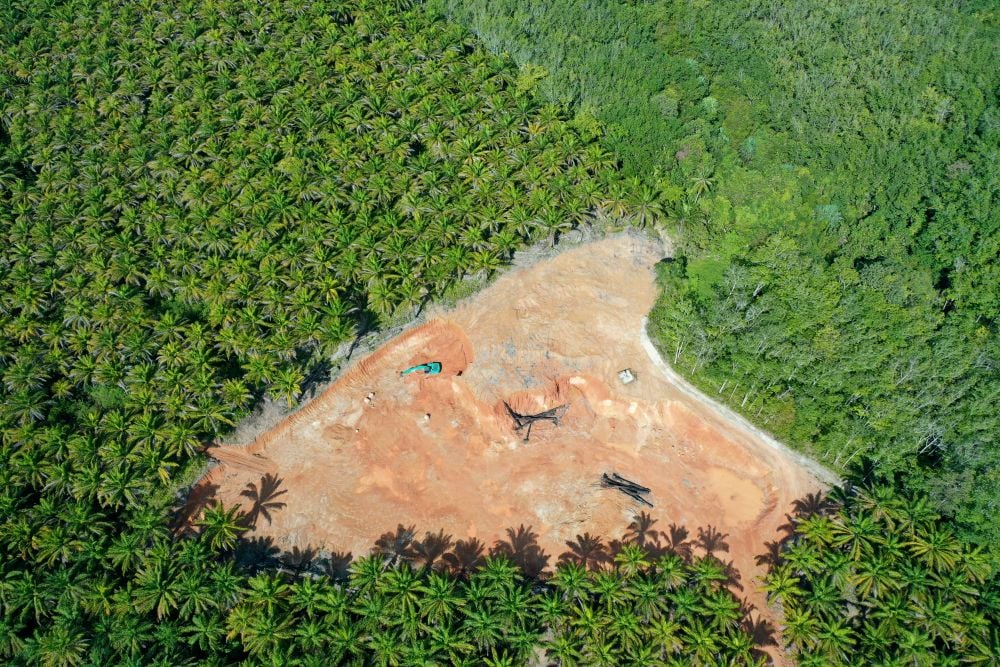In addressing global challenges and creating sustainable value, environmental, social and governance (ESG) investment has become a collective mandate around the investment world. As a matter of fact, one in every three US dollars currently invested takes account of ESG factors. If there is one near certainty about the financial markets, it is the inexorable rise of ESG investing.
ESG assets are forecast to exceed US$100 trillion by 2028 globally. Asian countries are no exception. Studies show that the Asian wealth management community, especially the next generation, have embraced the move in this direction. Hong Kong family offices have increased their appetite for ESG-focused investments in 2021, according to a recent survey by the Family Office Association Hong Kong. This is also evidenced by the increased capital flowing into ESG funds with total assets invested in Asia-domiciled funds at US$36.3 billion at the end of June 2021, according to Morningstar.
While sustainable finance has become a strategic priority, the impact of Covid-19 has placed ESG thinking into sharper focus. What opportunities has this acceleration made for the investment markets and international finance centres (IFCs) in fulfilling the increasing demand from Asian investors?
Viewing it from a step back, ESG investing stems from an intent to pursue a more sustainable environment for what people value, resulting in a better place to live, a sound future for successors, and a solid economy for asset growth.
More than a three-letter acronym, in ESG, investors are looking at a holistic, positive impact to be made across their investment strategy. We are seeing a particularly strong interest from family offices in integrating ESG factors into their investments, as some of them are uniquely placed to make significant investments without being under quite the same pressure to make returns in the shorter term as other institutions. Trends with younger generations, usually the third generation of wealthy Asian families, have demonstrated an interesting shift in their involvement in managing trust affairs. Their mindset of “doing the right thing” has, in many cases, been embedded into the investment policies of family trusts.
However, there are also scenarios where the ESG investment focus of the next-gen/beneficiaries of trusts do not match the original investment strategies of trusts and conflicts with the intention of the settlors, and places trustees in a difficult position, possibly resulting in beneficiaries claiming the trustees have failed to fulfil their duties. As highlighted in our Asia’s Great Wealth Transfer 2020 study, poor communication among family members and across generations is an often-cited barrier to effective legacy planning.
Other than investments, ultra-high-net-worth (UHNW) and HNW families are increasingly starting to think about philanthropic donations for bigger picture issues, and not just smaller-scale charities and projects. A recent report discovered how sustainability and ESG priorities are playing out in the UHNW space, two-thirds of the surveyed family wealth practitioners think that philanthropy and impact investing objectives will become increasingly intertwined.
This holistic and coherent way of thinking put Asian investors in a position to rethink the best jurisdictions to fulfil their multiple investment purposes in a single jurisdiction, as they are eager to opt for domiciles where clear policy and procedures are in place, coupled with good underlying governance and regulation. Also, in the funds sector, asset managers are increasingly reviewing their products, domiciles and fund administration solutions in line with the critical success factors demanded by sustainable investing.
As ESG priorities accelerate, investors will have mounting concerns about the dangers of greenwashing and will want reassurance about how their investments are deployed. Market players, with their digital partners, are also developing measurements and analysis tools to provide investors with the confidence they seek.
With the rising tide of ESG investing, it is time for jurisdictions to act and take on the responsibility in supporting the transition to an environmentally and socially sustainable global economy. Leveraging its expertise and capital, we are already working together with partners to support the transition to a more environmentally and socially sustainable global economy.
Investors in Asia and over the world can be reassured that as they grasp the opportunities in the ESG arena, they can rely on the commitment of IFCs to the cause and the experience of the related service providers to help them meet their strategic ambitions, including having a positive impact on the world.
Maria McDermott is the Asia business development consultant at Jersey Finance.









